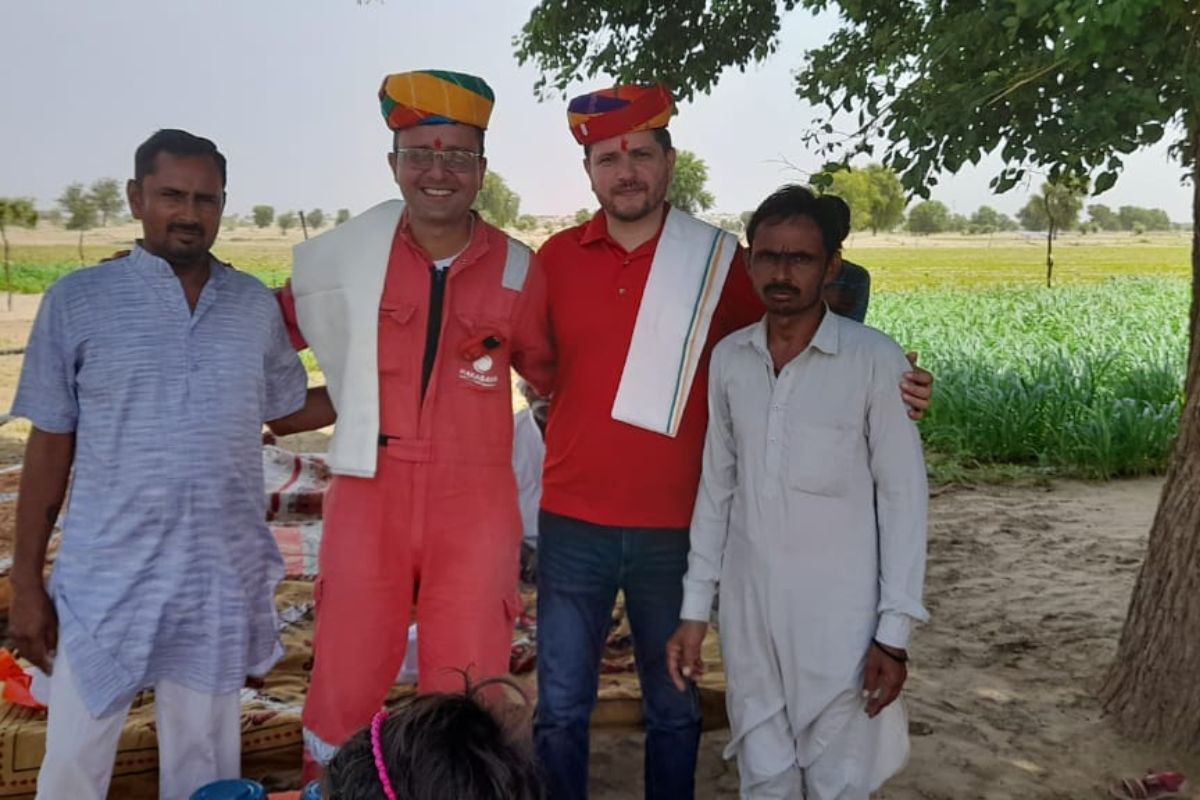Today, business objectives go beyond generating profits for shareholders and the organization itself, since the role of companies has evolved and taken on a more active role in society.
In this sense, companies, in addition to being an economic cell, are a social cell as they are part of communities and are made up of people and for people. For this reason, they cannot remain alien to the localities in which they are located, but must exercise a commitment and responsibility to the citizens and the environment they are going to impact with their management.
In addition, the benefits of active involvement with society are diverse. In the case of companies: they develop their competitive advantage, establish good government relations and build customer loyalty. In the case of the communities, it is important to highlight the generation of jobs, job training, infrastructure maintenance, and above all, an enriching cultural exchange between both parties.
In other words, working in a different territory provides new experiences and knowledge that nurture personal training, as well as the development of empathy based on the acceptance of behavior patterns of other cultures; elimination of prejudices and increased tolerance to new environments; and, of course, mastery of foreign languages and interpretation of different communication codes.
According to the web portals ComunicarSe and ObservatorioRH, some companies that stand out for applying cultural exchange management are the following:
- DHL Express, present in 220 countries and territories, has employees of 13 different nationalities with the aim of continuing to promote among them the importance of respect, difference, and mutual understanding.
- The consulting firm Accenture has a diverse board of directors in terms of geographic and gender representation, with people from six countries on four continents and four women.
- The well-known textile brand, GAP, promotes business resource groups to provide opportunities for cross-cultural learning, relationship building, development events, networking, and volunteering.
In short, by finding ourselves in a different cultural space, new perspectives generate professional and interpersonal relationships based on respect, creating synergies to address common problems. Therefore, at Nakasawa Resources we play an active role in India, thanks to our employees, who expand their comfort zone, developing values such as tolerance and global thinking through cultural exchange.

